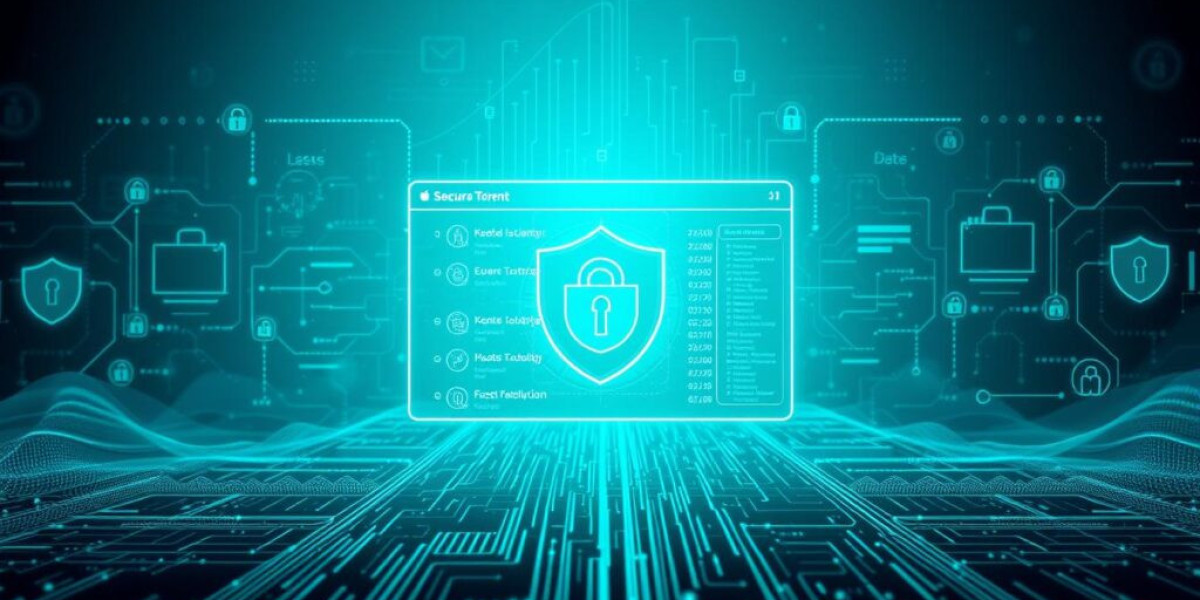Note-taking is an essential skill for college students. It helps in retaining critical information, organizing thoughts, and preparing for exams effectively. However, not every student excels at it, often missing out on key points during lectures. With a few simple yet powerful techniques, you can significantly improve your note-taking skills, making your study sessions more productive and less stressful.
Why Is Note-Taking Important?
Effective note-taking goes beyond just jotting down everything a lecturer says. It's about identifying the core ideas, structuring them logically, and making them easy to review later. Poor note-taking often results in unorganized information, making it harder to comprehend and use. Whether you're in a humanities class or tackling complex engineering concepts, mastering this skill is critical for academic success.
For students struggling with writing assignments or organizing their notes, platforms like MyAssignmentHelp offer guidance. These services provide expert assistance, ensuring you stay on top of your academic workload while honing your skills for long-term benefits.
Top Techniques for Effective Note-Taking
Choose the Right Method
Different note-taking methods cater to different styles of learning. Some popular techniques include:- Cornell Method: Divide your page into three sections—notes, cues, and a summary. This format encourages concise notes and quick revision.
- Mind Mapping: Ideal for visual learners, this method involves creating diagrams to link concepts and ideas.
- Outlining: Use headings, subheadings, and bullet points to create a structured format that is easy to follow.
Prepare Before the Lecture
Reading up on the topic before the lecture can significantly enhance your understanding. Skimming through assigned readings or reviewing the syllabus allows you to focus on the lecturer's key points rather than struggling to grasp new concepts.Stay Engaged During Class
Active listening is crucial for effective note-taking. Pay attention to the lecturer's tone, emphasis, and repetition of points—these are often indicators of important information. Avoid distractions, sit near the front, and ask questions when necessary.Use Abbreviations and Symbols
Time is of the essence during lectures. Develop a shorthand system to quickly jot down information. For example, use “&” for “and,” “→” for “leads to,” or “@” for “about.” This practice speeds up your writing without sacrificing clarity.Review and Revise
Notes taken during a lecture are often rough and incomplete. Set aside time to review and revise them while the lecture is still fresh in your mind. Highlight critical points, add examples, and ensure everything is organized for future study sessions.
The Role of Technology in Note-Taking
Modern tools and apps have revolutionized the way students take notes. Applications like OneNote, Evernote, and Notion allow for digital note-taking, which is easily searchable and shareable. Pairing these tools with traditional methods can make your study process more efficient.
Conclusion
Mastering note-taking is a game-changer for college students. By choosing the right method, staying engaged, and leveraging modern tools, you can turn lectures into valuable learning experiences. Remember, effective notes are not just about quantity but about capturing the essence of the material in a way that makes sense to you.








